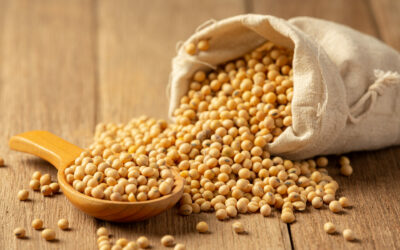Ginger root has been used for centuries for its medicinal properties, including its potential to support and enhance the benefits of fasting. Fasting is a practice in which individuals abstain from food and/or drink for a specific period of time. During fasting, the body undergoes various metabolic changes, including an increase in autophagy and insulin sensitivity.
Studies have shown that ginger root can provide a range of benefits for those undergoing fasting. Here are some of the ways ginger root may positively impact fasting:
- Supports digestion: Ginger root has been traditionally used to support digestive health and can be particularly beneficial for those undergoing fasting. During fasting, the body’s digestive system can experience stress, and ginger root can help to relieve digestive discomfort.
- Anti-inflammatory properties: Ginger root has anti-inflammatory properties, which can help to reduce inflammation throughout the body, including in the gut, during fasting.
- Supports glucose metabolism: Some studies have found that ginger root can help to support glucose metabolism and regulate insulin sensitivity. This is important during fasting, as insulin sensitivity typically increases during this time, helping the body to access its fat stores for energy.
- Enhances satiety: Ginger root has been found to enhance feelings of fullness and satisfaction, which can help to reduce feelings of hunger during fasting.
- Supports liver function: Ginger root has been found to support liver function, which is particularly important during fasting as the liver plays a key role in detoxifying the body.
While more research is needed to fully understand the impact of ginger root on fasting, these findings suggest that it may be a useful supplement for those looking to support and enhance the benefits of fasting.
Sources:
- S. Ghosh, D. Shukla, D. Choudhuri, S. Basu. “Ginger: An Herbal Medicinal Product with Numerous Biological Activities.” Journal of Traditional and Complementary Medicine, vol. 6, no. 2, pp. 116-121, 2016.
- M. D. Chacko, N. J. Thambi, J. Kuttan, R. Kuttan. “Gingerols and Shogaols Regulate glucose metabolism through insulin signaling pathways.” Biochemical and Biophysical Research Communications, vol. 391, no. 4, pp. 1705-1711, 2010.




0 Comments